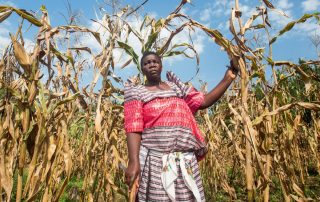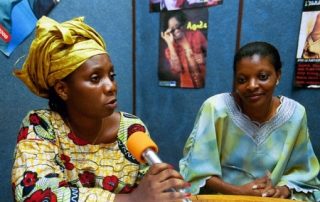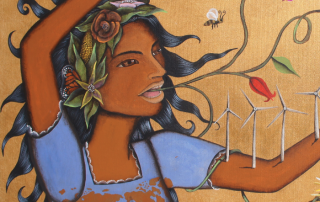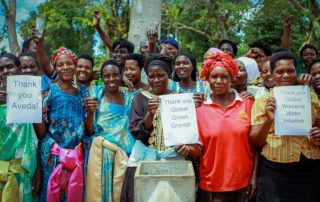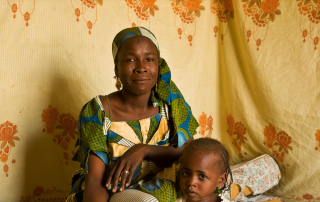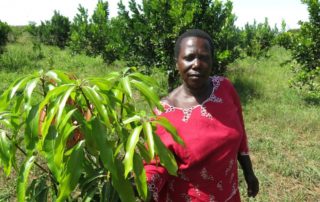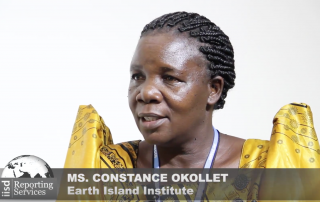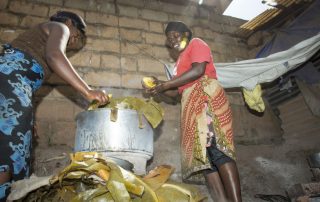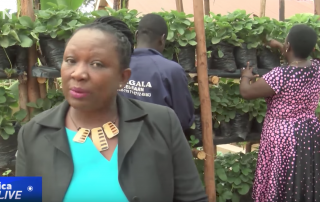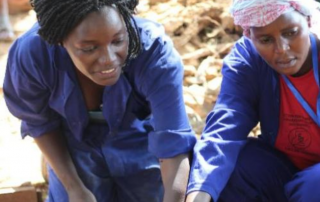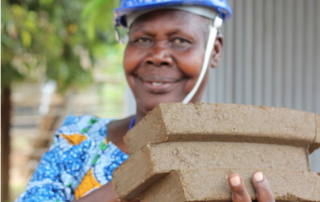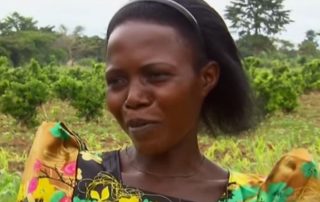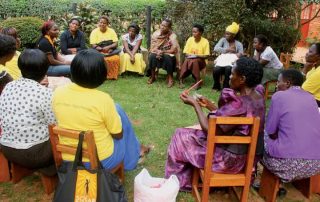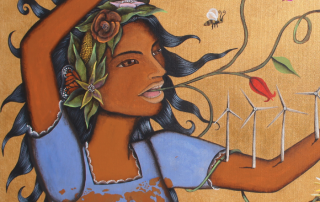Ugandan Women Didn’t Cause Climate Change, But They’re Adapting to It
Constance Okollet is among the first women of Uganda taking bold action to fight climate change impact, through the formation of the Osukuru United Women Network. Over time, the network has evolved into an education platform about climate change, mitigation and adaptation strategies. Irene Barbara Amayo, another powerful woman, is the chairperson of a group in the Network which has taken action including creating a sustainable poultry operation and a small tree nursery. Even though the Network faces multiple infrastructural challenges which constitute barriers and challenges, the women involved in the project continue to be optimistic and stand for their beliefs. This article highlights that even though these women are not the ones responsible for climate change and massive global pollution, they are nonetheless rising as heroes to build solutions. Photo credit: Edward Echwalu


